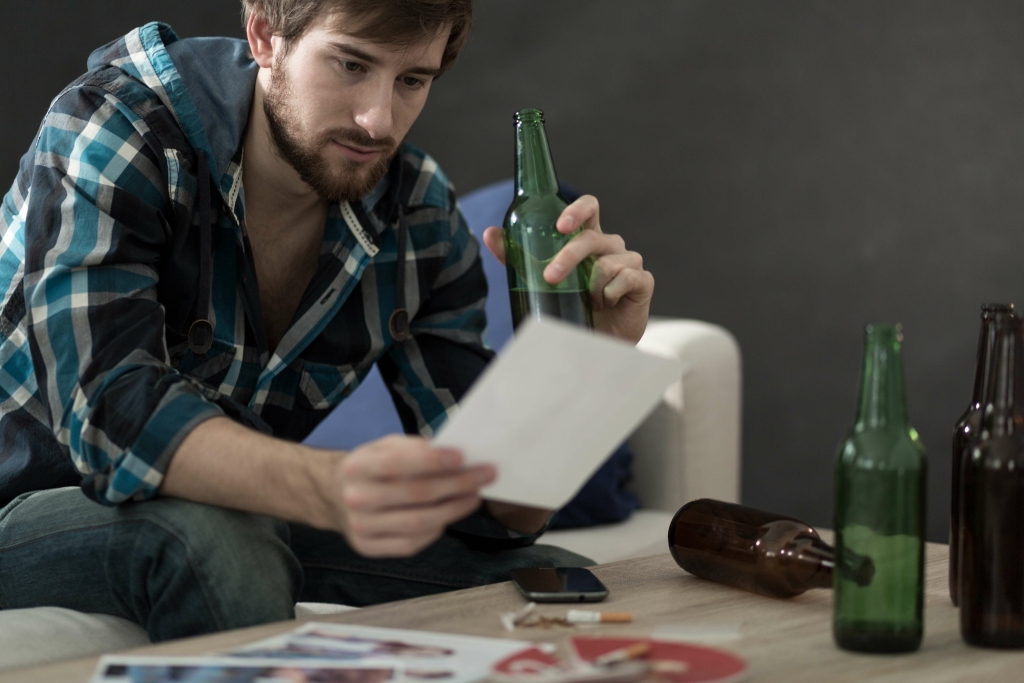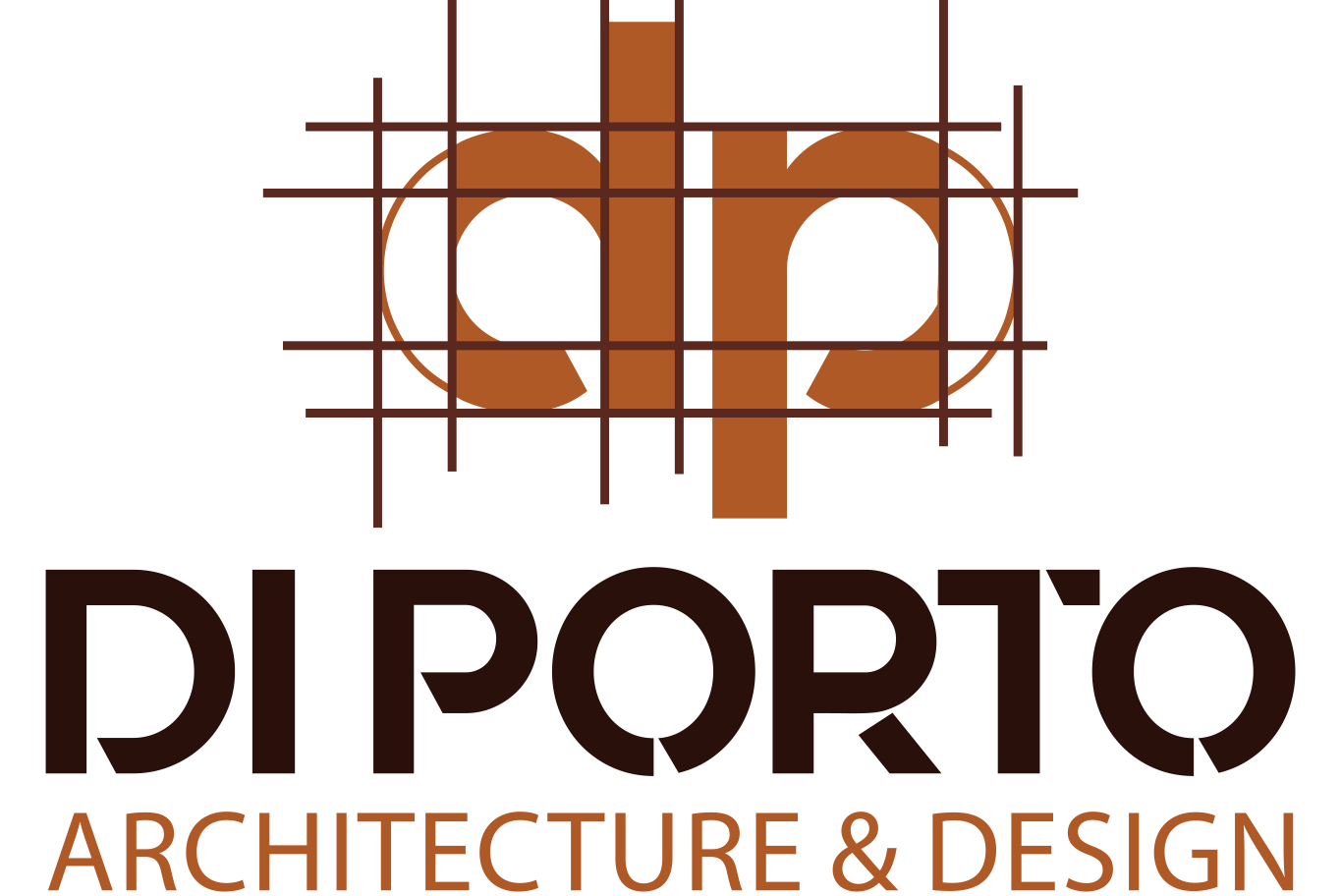Whether it’s illegal substances or prescription medication, you can’t force anyone to stop abusing drugs. Call your local mental health or addiction medicine department or reach out to your personal doctor. If your doctor brings up concerns, it doesn’t mean you have a problem. It’s just another way they’re looking after your health — no different than taking your blood pressure and sharing the results with you. The goal is to help you understand the risks, empower you to make informed choices about your health, and help you take whatever steps you’re ready to take.
- I know lots of sober jerks, and I know plenty of people who are bettering the world even though they just can’t beat this beast of addiction.
- Fill out the form on the page below and an American Addiction Centers admissions navigator will inquire with your insurance company to discover your benefits.
- Discovering someone you love has a drug problem can generate feelings of shock, fear, and anger, especially if it’s your child or teen who’s using.
The problems that triggered your loved one’s drug use in the first place will still be there once they get sober. If they turned to drugs to self-medicate a mental health problem such as anxiety or depression, they’ll need to find healthier ways of coping with these issues without resorting to substance abuse. To achieve long-term recovery, it’s vital they tackle both their addiction and their mental health issue at the same time.
Paying for Rehab Treatment
These guidelines help evaluate a patient’s clinical needs and situation to match them with the right level of care, in the most appropriate available setting. For more information on evidence-based guidelines visit Addiction Medicine Primer. Many, though not all, self-help support groups use the 12-step model first developed by Alcoholics Anonymous. http://www.nomer-doma.ru/list.php?r=&c=&tr=&n=&view=full&ord=&page=94 Self-help support groups, such as Narcotics Anonymous, help people who are addicted to drugs. While naloxone has been on the market for years, a nasal spray (Narcan, Kloxxado) and an injectable form are now available, though they can be very expensive. Whatever the method of delivery, seek immediate medical care after using naloxone.

Drug addiction can start with experimental use of a recreational drug in social situations, and, for some people, the drug use becomes more frequent. For others, particularly with opioids, drug addiction begins when they take prescribed medicines or receive them from others who have prescriptions. Millions of readers rely on HelpGuide.org for free, evidence-based resources to understand and navigate mental health challenges. Please donate today to help us save, support, and change lives. When someone you love has a problem with drugs, it’s easy to fall into the trap of shielding them from the consequences of their addiction.
Drug addiction (substance use disorder)
It may be done by family and friends in consultation with a health care provider or mental health professional such as a licensed alcohol and drug counselor, or directed by an intervention professional. It involves family and friends and sometimes co-workers, clergy or others who care about the person struggling with addiction. If http://liveangarsk.ru/forum/forumy-po-interesam/muzyka/18321?page=1 your drug use is out of control or causing problems, get help. The sooner you seek help, the greater your chances for a long-term recovery. Talk with your health care provider or see a mental health provider, such as a doctor who specializes in addiction medicine or addiction psychiatry, or a licensed alcohol and drug counselor.
- His dad Ken rejects the idea that treatment should be “tough love” versus family support.
- Strategically avoiding an event, a person, or a situation with a polite excuse can yield lifesaving dividends, especially early in recovery.
- You can talk to anyone on your care team about your drug or alcohol use — there’s no wrong door.
- Ultimately, all you can control is how well you look after your own health and welfare.
Medicines don’t cure your opioid addiction, but they can help in your recovery. These medicines can reduce your craving for opioids and may help you avoid relapse. Medicine treatment options for opioid addiction may http://www.worldwalk.info/en/catalog/theatres/9 include buprenorphine, methadone, naltrexone, and a combination of buprenorphine and naloxone. Recovery from addiction is not a linear process, and increasingly, relapse is seen as an opportunity for learning.

Lascia un commento